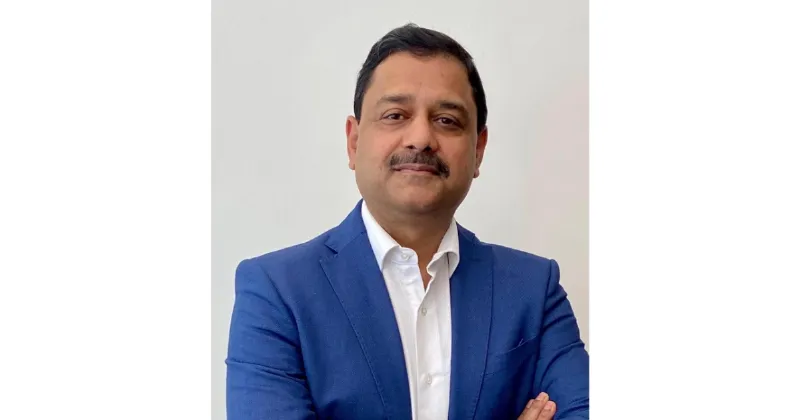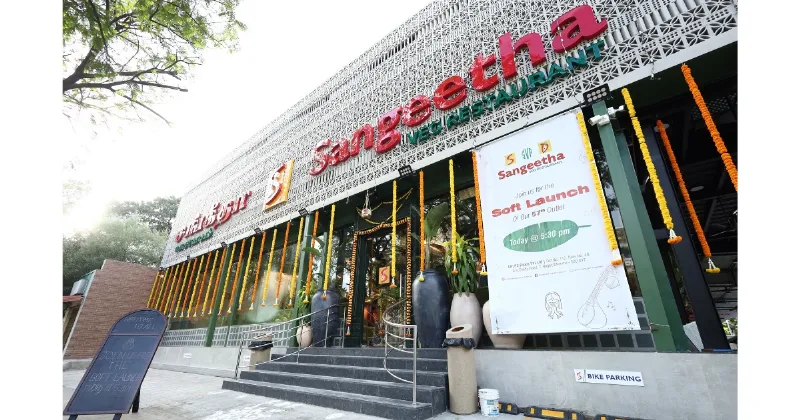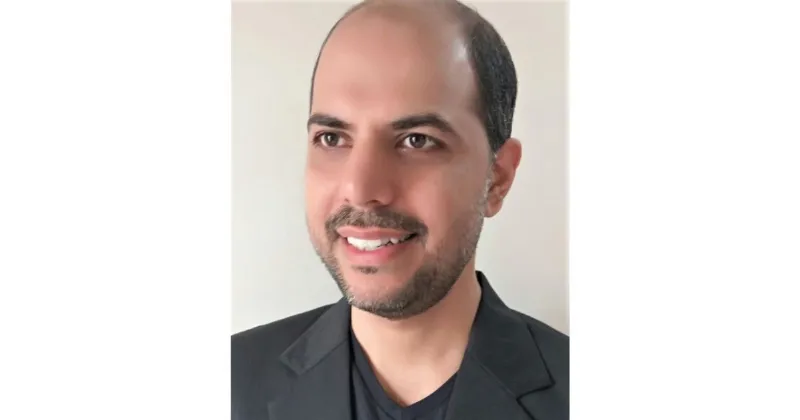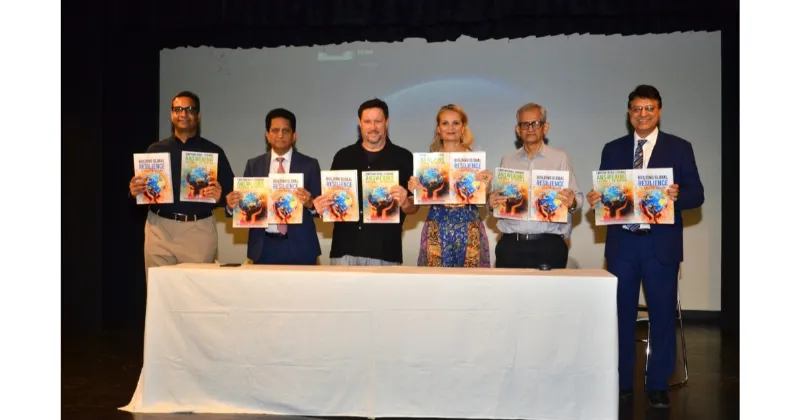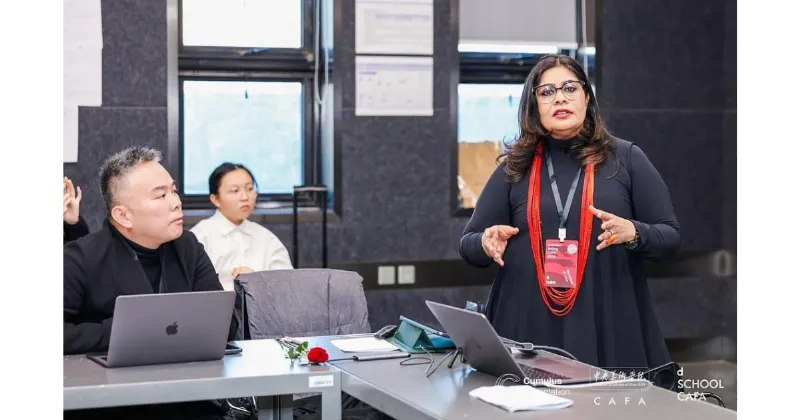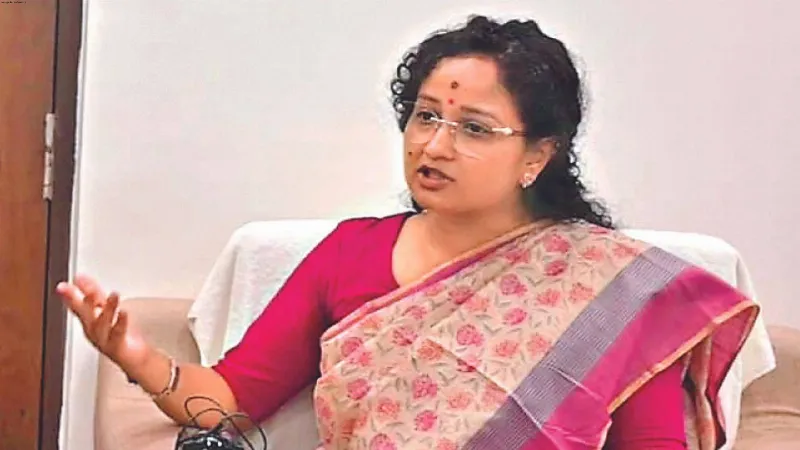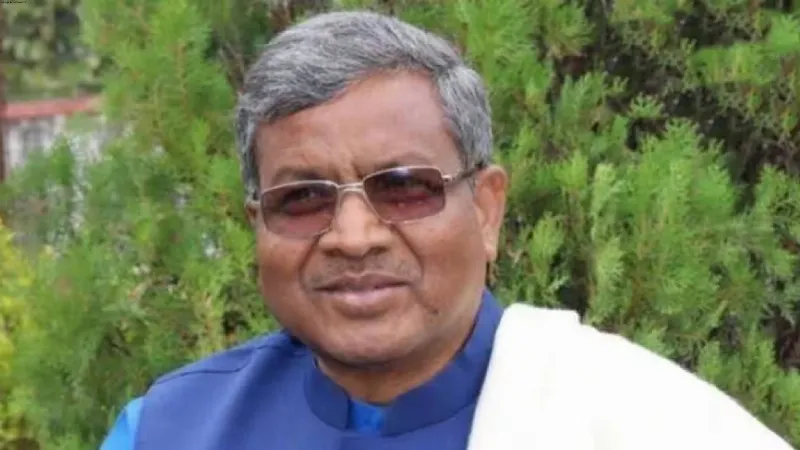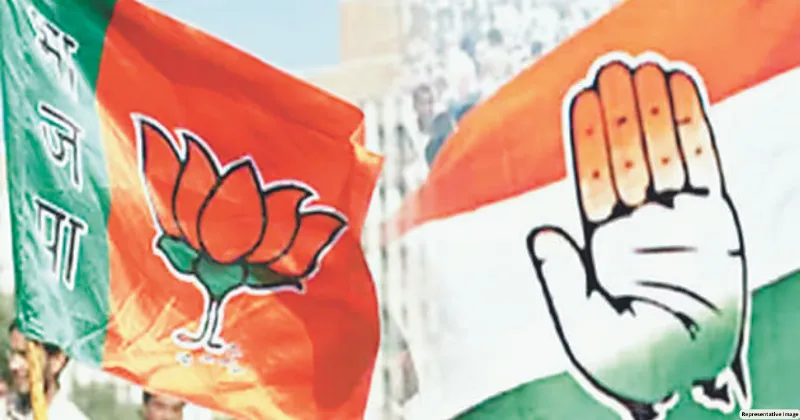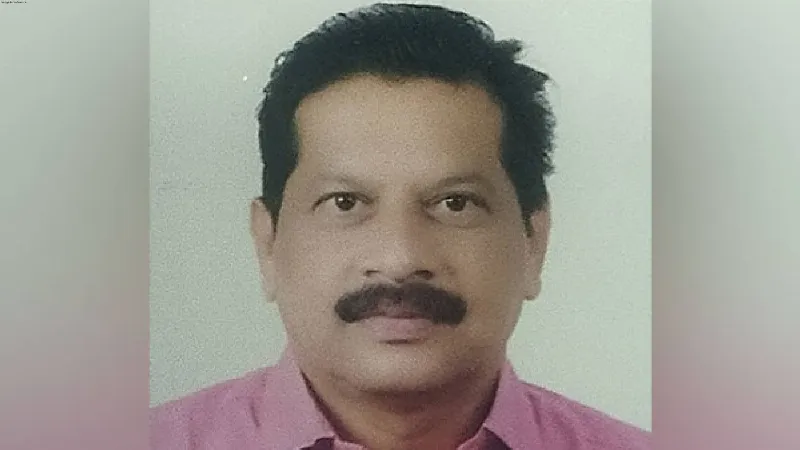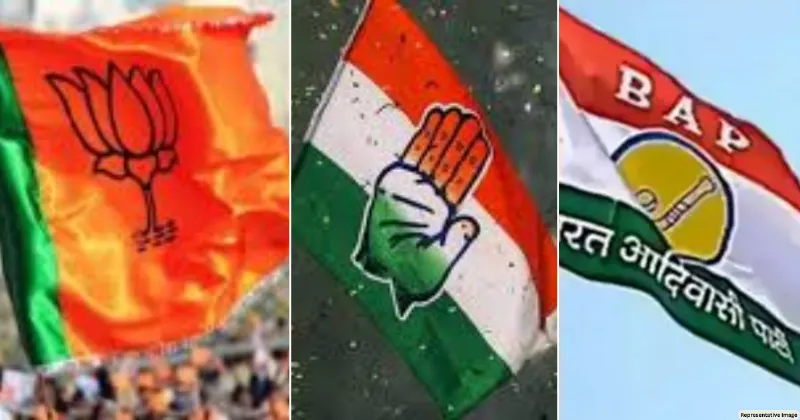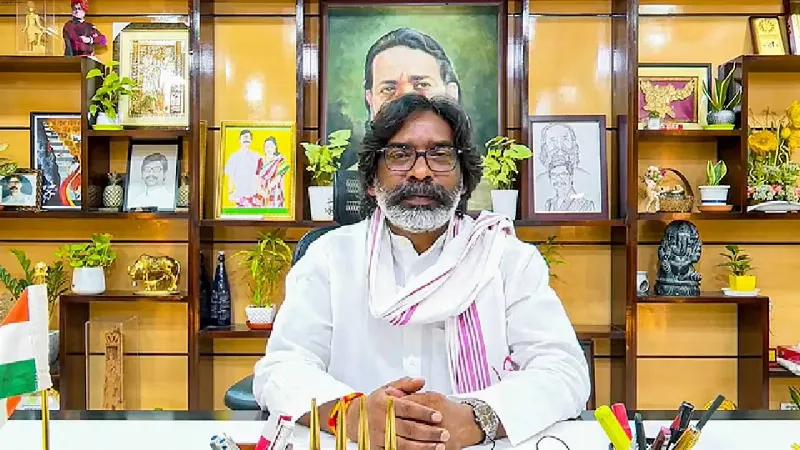Latest News
Supreme Court Justice Maheswari Calls for an Inclusive Society
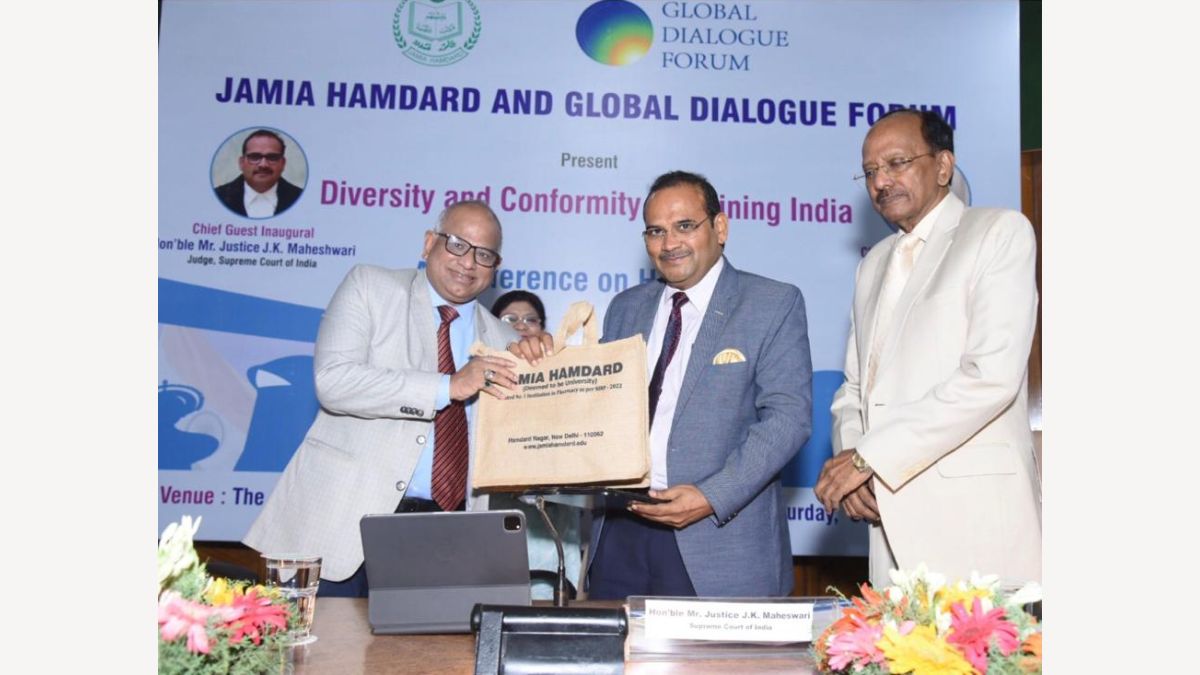
Justice J.K. Maheshwari of the Supreme Court of India on Saturday urged individuals to play their part in creating a truly inclusive nation.
Justice Maheswari was delivering the keynote address at a conference on ‘Diversity and Conformity — Defining India’, organised by Jamia Hamdard and the Global Dialogue Forum think tank.
He underlined the protection of the values of diversity found in the Indian Constitution and added that it can only be sustained through inclusivity.
“In my opinion, the way forward to achieve the ends of social inclusion is not possible unless we on an individual level contribute towards a truly inclusive society,” he pointed out.
He said that creating a socially inclusive society required fostering empathy, dismantling prejudices, and championing diversity.
He emphasised the importance of the Constitution of India stands as a remarkable testament to unity in diversity and inclusivity. “It encapsulates the vision of its framers to build a nation that respects and embraces its rich cultures, languages, religions, and traditions,” he said.
“Theoretically, India has all the elements which is needed for a society to become completely inclusive while promoting positive diversity. But are we really a socially inclusive society?” Justice Maheshwari asked.
He pointed out that in the recent ‘Inclusive Development Index (IDI), 2020’ compiled by the World Economic Forum (WEF), India ranked 62nd out of 74 emerging countries and was among the least inclusive countries in Group of 20 (G20) countries. India also did not make it to the top 10 most inclusive emerging and developing economies, where its neighbours Nepal, China and Sri Lanka made a mark, he added.
“In view of the said position of our nation, in my opinion, the way forward to achieve the ends of social inclusion is not possible unless we on an individual level contribute towards a truly inclusive society”, he asserted.
Professor Afshar Alam, Vice Chancellor of Jamia Hamdard, pointed out in his Presidential Address that the people of India were facing the challenge of striking the right balance between accepting diversity and promoting a national identity.
“It is imperative that we recognize that diversity is not a threat to our unity, but rather, it is our strength. It is what makes us resilient, innovative, and adaptable,” Professor Alam added.
Moses Manoharan, Chairman of Global Dialogue Forum, stressed in his address the current relevance of diversity and conformity across the world as people struggled to define what unites them while preserving their unique identities.
“The struggle encompasses distinct ethicalities, gender and ways of life”, Manoharan added.
Iqbal Singh Lalpura, Chairman of the National Minorities Commission, delivering the Valedictory Address, called for a greater understanding of shortfalls in the system.
How do we change the system? We can make a change if we understand the shortfalls. He called for the celebration of other religions instead of having discussions on it. “Let us celebrate diversity. I won’t ask diversity to become unity,” he added.

